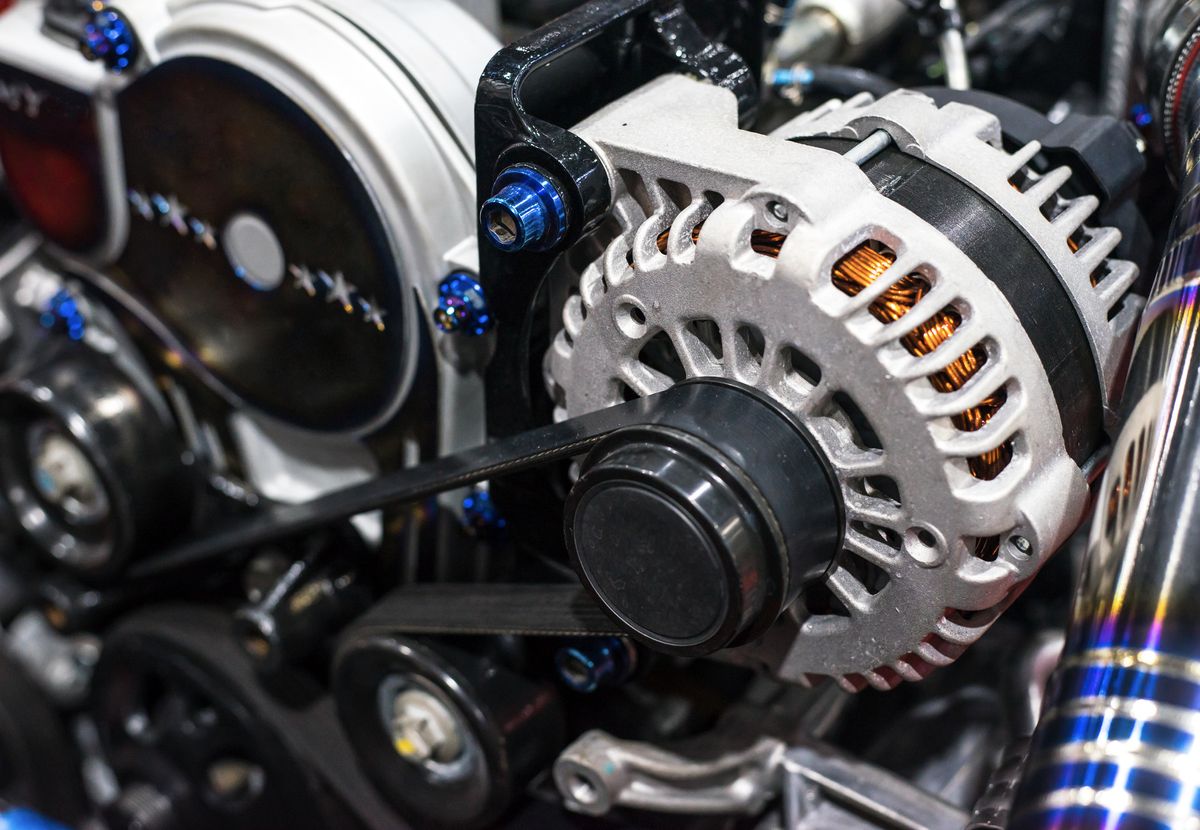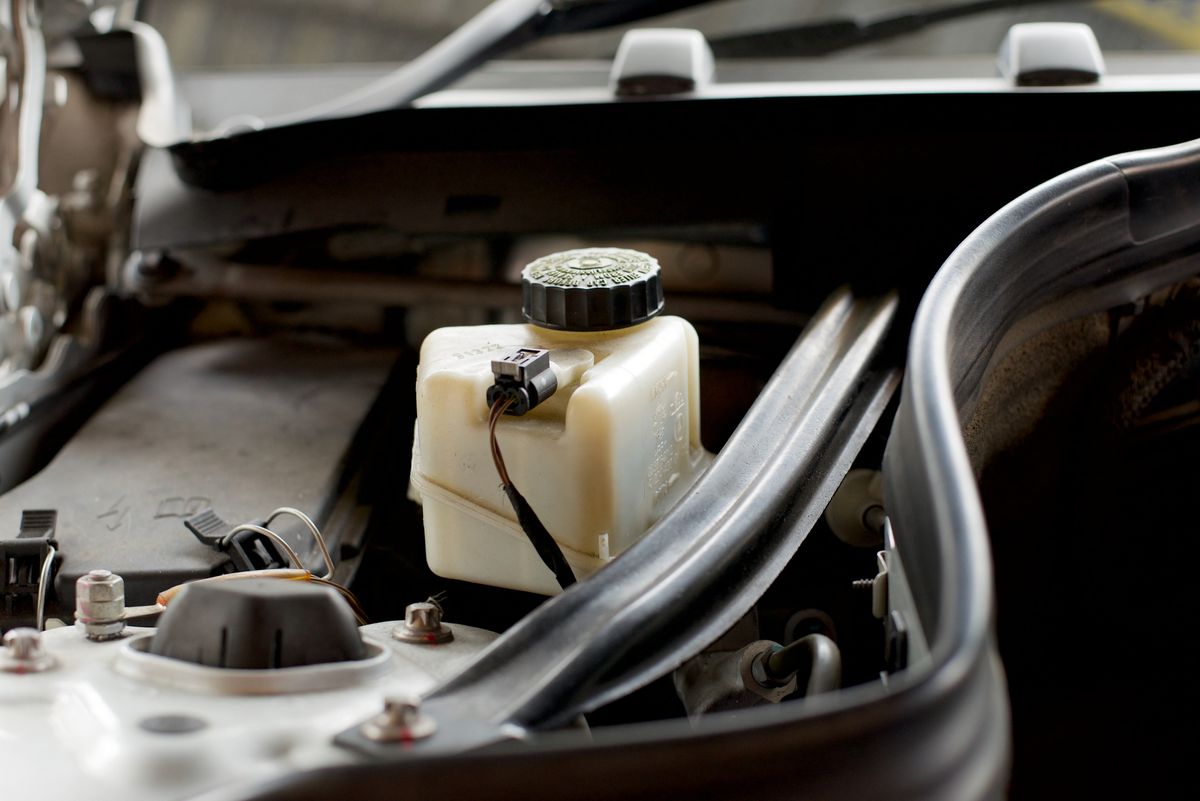
It’s equally important to recognize the signs of a faulty alternator. Symptoms of a bad alternator include:
- A dead battery after driving
- Warning lights on the dashboard
- Electrical failures
- Strange noises
- Overheating and burning smells
- The age of the alternator
Being aware of these symptoms can help you identify a malfunctioning alternator and address the issue before it escalates.
Dead Battery After Driving
A dead battery after driving could indicate a bad alternator. The alternator is responsible for keeping your battery charged while the engine is running. If your battery dies after driving, it’s crucial to inspect your alternator and address any issues to ensure your vehicle remains reliable and efficient.
Regular maintenance of your alternator is important to keep your vehicle running smoothly. Check the alternator.
Warning Lights on Dashboard
Warning lights on your dashboard, also known as dashboard lights, can signal an issue with your alternator. If you notice battery, alternator, or check engine lights illuminated, it’s essential to inspect your alternator for any problems. Ignoring these warning signs can lead to further damage and costly repairs.
Electrical Failures
Various electrical failures can be symptoms of a faulty alternator. Issues such as dimming headlights, flickering dashboard lights, clicking sounds when starting the car, and a swollen battery case can all be attributed to a malfunctioning alternator, which is responsible for regulating electrical components in your vehicle.
If you experience any of these electrical failures, it’s crucial to inspect your alternator and address any issues promptly.
Strange Noises
Unusual noises coming from your engine, such as grinding or squealing, can be a sign of a bad alternator. These noises may be caused by a malfunctioning alternator belt, worn-out bearings, or a failing alternator itself.
If you hear strange noises from your engine, it’s essential to inspect your alternator and address any concerns to avoid further damage.
Overheating and Burning Smells
Overheating and burning smells can indicate a malfunctioning alternator. If you notice a burning rubber smell, it could be a sign that your alternator’s bearings are worn out and overheating. In this case, it’s crucial to inspect your alternator and replace it if necessary to prevent further damage to your vehicle.
Replacing the alternator can be a difficult task, so it’s important to consider seeking professional help for an alternator replacement.
Age of the Alternator
An alternator older than its typical lifespan (7-10 years) is likely to cause issues. To determine the age of your alternator, consult the date of manufacture printed on the alternator.
If your alternator is nearing or past its expected lifespan and you’re experiencing symptoms, it’s essential to replace it to maintain your vehicle’s performance and avoid potential problems.








